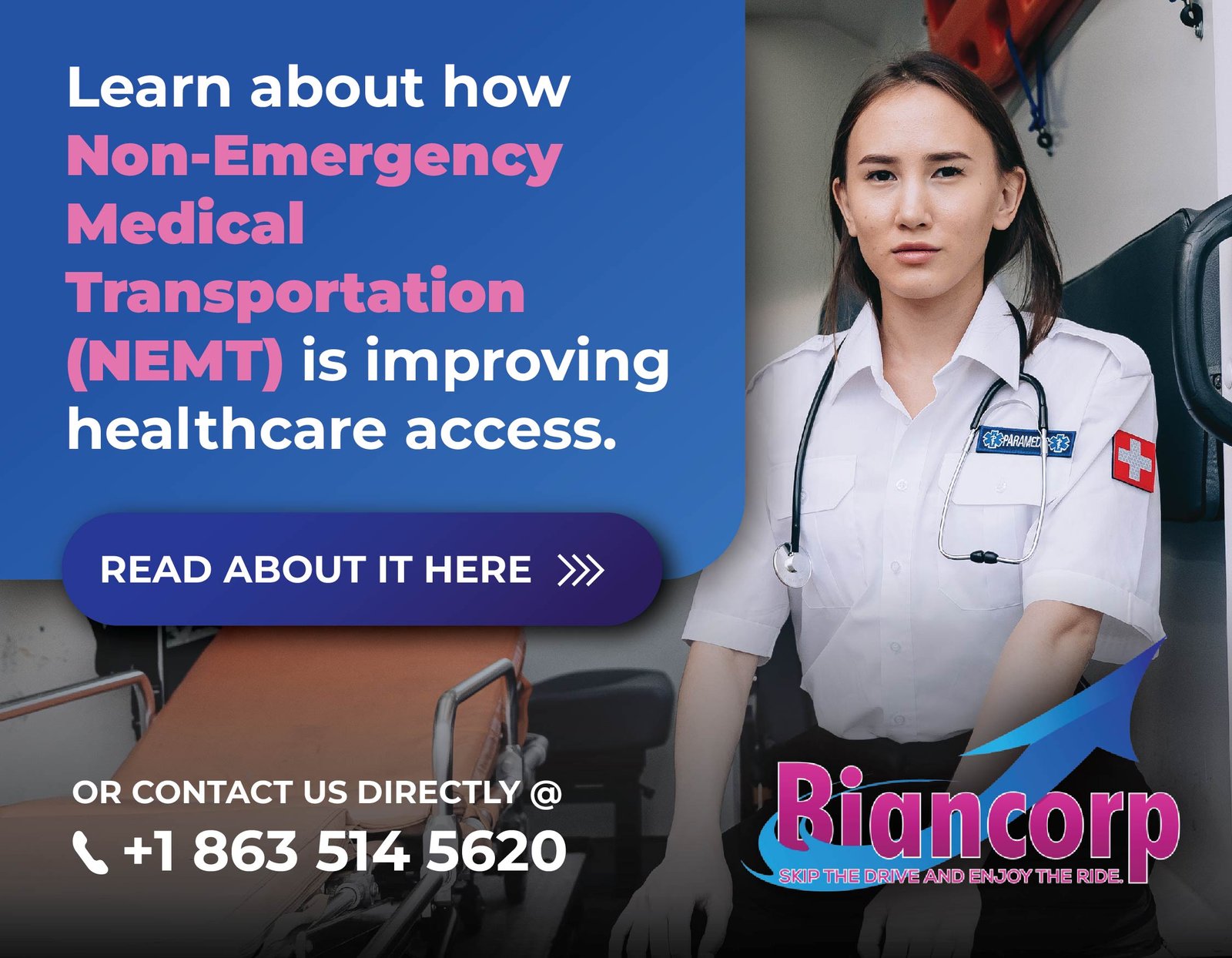11-member Northeast Ohio group lands $1 million planning grant at part of NSF Engines
Newswise — CLEVELAND–A regional collaboration led by Case Western Reserve University has won a $1 million grant from the National Science Foundation (NSF) to plan economic, environmental and manufacturing growth across the 18-county Northeast Ohio region.
The award will support efforts to develop a robust and dynamic ecosystem for sustainable manufacturing and permit the team to compete for as much as $160 million from the NSF to be awarded in 2025—if the group can prove it has the ideas, relationships, track record and commitment to advance innovation and equitably benefit the regional economy.
The group is one among 44 teams in the country–and the only one in Ohio– to receive a two-year grant to develop an “engine” in response to NSF’s new and innovative program.
“This is an unprecedented opportunity for regional industries, small businesses, community groups, state and local governments and universities to come together and transform, lift up and lead sustainable manufacturing in America,” said Michael Oakes, the project director and senior vice president for research and technology management at Case Western Reserve.
‘Making things that matter…smarter and greener’
The 11 initial planning partners are: Case Western Reserve, the Greater Cleveland Partnership (GCP), the City of Cleveland, TeamNEO, Cuyahoga County, MAGNET, JumpStart, Cleveland State University, the Cleveland Water Alliance, The Urban League of Greater Cleveland and the Northeast Ohio Hispanic Center for Economic Development (NEOHCED).
Their efforts will focus on four areas: technology innovation, technology adoption, workforce and talent development, and leadership and governance.
To become a more sustainable region, group members say, more industries from Cleveland to Youngstown will have to embrace emerging technologies with unprecedented enthusiasm.
Among the priority areas are energy science; electrochemistry; “green” steel and microchip production; carbon capture, storage and sequestration; and production of alternatives to petroleum-based plastics and biodegradable byproducts. Talent pipelines and inclusive growth are fundamental to success.
Individual companies and entire industrial sectors will have to optimize or reduce energy use, water consumption and greenhouse-gas emissions. The Cleveland Water Alliance will guide the environmental innovation and impact efforts for the planning effort.
GCP President and CEO Baiju R. Shah said the motivation for those big environment-related changes is rooted in a shared economic strategy.
“Greater Cleveland is well known as a region where we make things that matter—this is about making things that matter, but making them smarter and greener,” Shah said. “Our leading companies are committed to sustainability for business growth as they see a strategic opportunity and they’re doing it together, not going it alone. Together, we can meet market needs and lead the world in sustainability.”
The Urban League and NEOHCED will lead efforts to attain excellence in inclusion and environmental equity. They will seek to develop inclusive pathways in sustainable manufacturing—including careers in factories and universities—and build entrepreneurial capacity in underrepresented communities across the region.
Ongoing efforts toward sustainability
The broader pitch to become an NSF Center coincides with related efforts at Case Western Reserve and among the partners:
- In March 2022, CWRU and partners launched a newS. Department of Energy-funded center focused on helping small- and medium-sized manufacturers adopt “smart manufacturing” technologies.
- In June 2022, the university announced it would also lead an effort to integrate artificial intelligence and sensing to improve materials and processing in manufacturing—part of a long-term, federally funded strategy to strengthen U.S. innovation and industrial productivity.
- In January 2023, CWRU’s Oakes committed $1 million to foster sustainable manufacturing as a primary focus and accelerate faculty research.
- Also in January 2023, the GCP hosted its inaugural “Sustainability Summit” for more than 300 business leaders and stakeholders at the Huntington Convention Center. Conference participants discussed the importance of being “All In” on sustainability for business growth and regional impact—and steps and resources to get there.
“Ultimately, this is about demonstrating that we have a working regional innovation
ecosystem here for sustainable manufacturing,” said Nick Barendt, executive director of the Institute for Smart, Secure and Connected Systems at Case Western Reserve and co-leader of the Engines planning project. “We’re excited to be working with our partners to make this happen.”
Federal Engines Program
The Engines program was authorized by the CHIPS and Science Act of 2022. Awardees span a broad range of states and regions, reaching geographic areas that have not fully benefited from the technology boom of the past decades.
“These NSF Engines Development Awards lay the foundation for emerging hubs of innovation and potential future NSF Engines,” said NSF Director Sethuraman Panchanathan. “These awardees are part of the fabric of NSF’s vision to create opportunities everywhere and enable innovation anywhere.”






